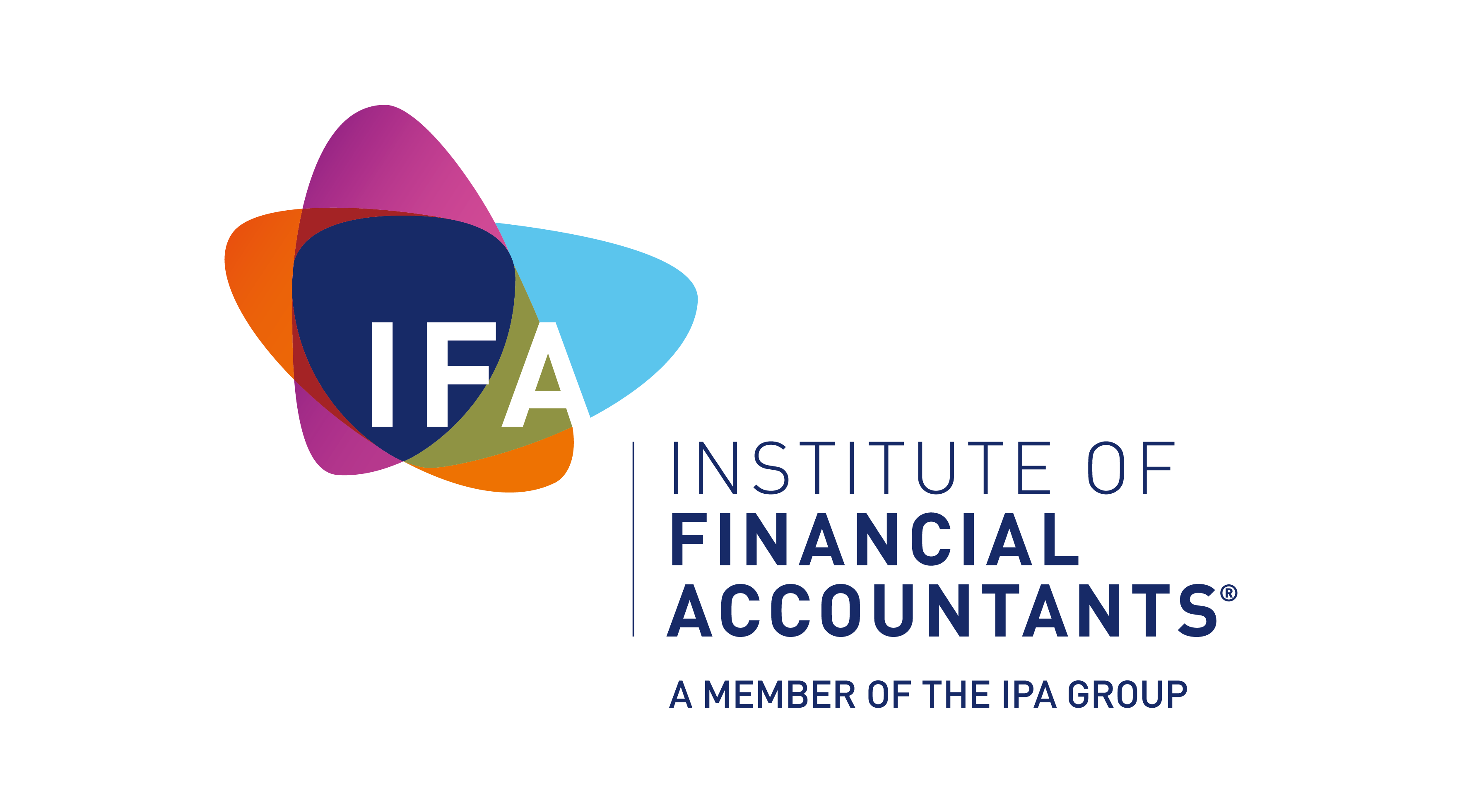Level 4 units
Units at this level develop the relevant knowledge, skills and awareness needed in the accountancy and tax regulatory environment. You will also study the operational requirements for the accounting and finance function and learn what is expected of a professional accountant.
These units are suitable for those who:
- are entering the profession
- are wanting to build on their experience by undertaking a formal study pathway to membership of the IFA
- are wanting to progress to study Level 5 units
Credit value
This is the number of credits that will be awarded to a learner who has achieved each unit. The credits that you achieve accumulate and can be used towards completion of the full ATHE accountancy qualifications or can be transferred towards additional study for example a top-up degree.
Guided learning hours (GLH)
This is an estimate of the amount of time, on average, required to achieve a unit to the appropriate standard.
Financial Accounting 1
The aim of this unit is to develop the financial reporting skills of those who manage or seek to manage the day-to-day finances and financial needs of small and medium-sized enterprises (SMEs) and small and medium-sized practices (SMPs).
The unit will develop the learner’s ability to prepare financial statements according to the International Accounting Standard for Small and Medium-sized Entities (IFRS for SMEs) and to interpret financial statements prepared according to that standard.
Financial Accounting 2
Learners will develop the ability to prepare financial statements according to the International Accounting Standards for Small and Medium-sized Entities (IFRS for SMEs).
Learners will gain the knowledge and skills required to enable them to measure performance and assess the financial position of small and medium-sized enterprises (SMEs) and small and medium-sized practices (SMPs).
Budgetary Control
The aim of this unit is to develop the knowledge and ability to identify and evaluate sources of finance, manage and improve working capital, prepare budgets for functional departments and understand the importance of budgetary control for small and medium-sized enterprises (SMEs) and small and medium-sized practices (SMPs).
Cost and Management Accounting
Learners will learn the skills to provide relevant information for short-term and long-term decision making, and costing and pricing whilst ensuring that employees are motivated to achieve individual objectives and the objectives of the business as a whole.
Personal Taxation
The aim of this unit is to enable learners to understand taxation as it affects individuals. The unit will focus on income tax, National Insurance (NI) contributions and capital gains tax.
Business Environment
The aim of the unit is for learners to consider the wider business environment. It will build on the work covered in the financial accounting units and consider the different forms of legal business ownership.
The unit will consider the needs of different business stakeholders and their impact on business decision making. and provide learners with an understanding of ethics in accounting and business and how these influence business decisions.
Law for Accounting
The aim of the unit is to develop an understanding of how English law impacts on business organisations and professional accountancy practices.
